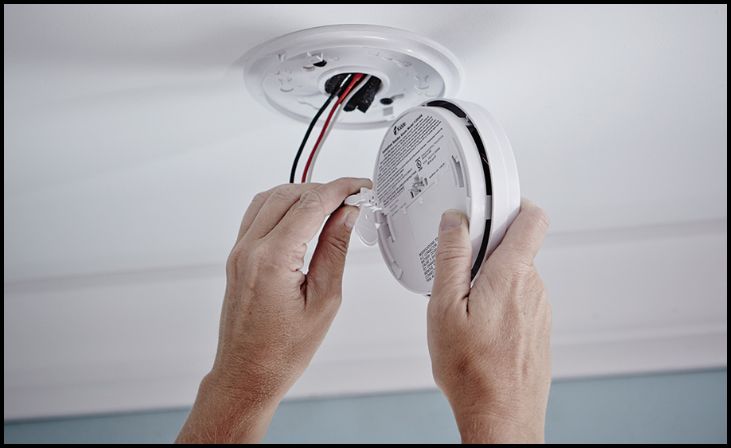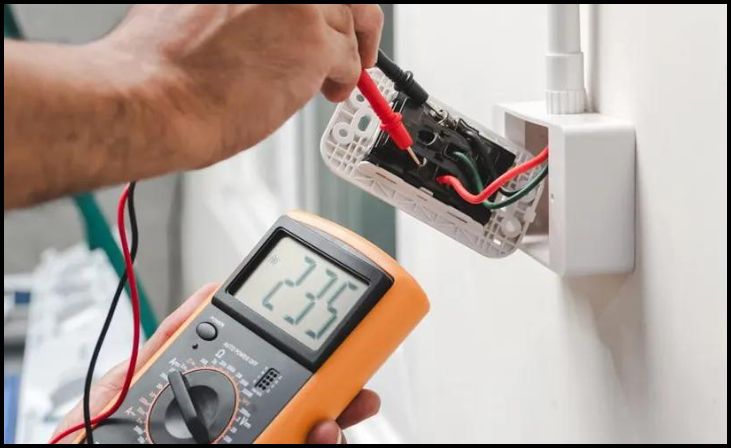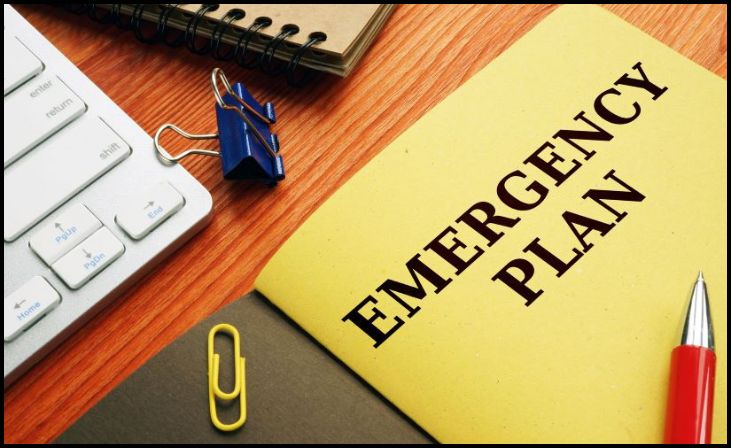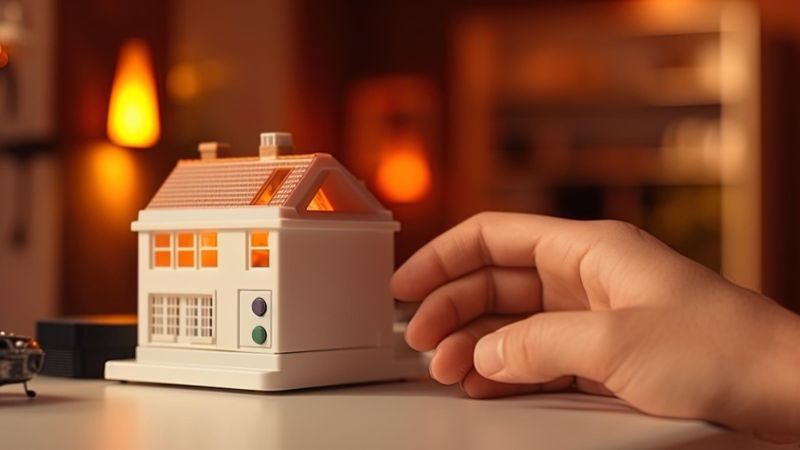Home Safety Tips For New Homeowners – As a new homeowner, ensuring the safety and security of your home is paramount. Your home is not only your sanctuary but also a place where you create memories with your loved ones. Therefore, implementing proper safety measures is crucial to protect your property, belongings, and, most importantly, your family. This guide aims to provide you with essential home safety tips to help you navigate this new responsibility with confidence and peace of mind.
From preventing fires to safeguarding against burglaries and creating a secure environment for daily activities, each aspect of home safety plays a significant role in maintaining a secure and comfortable living space. By taking proactive steps and being mindful of potential hazards, you can mitigate risks and create a safe haven for you and your family to thrive.
Whether you’re a first-time homeowner or transitioning to a new residence, this guide will equip you with practical knowledge and actionable advice to ensure that your home remains a place of safety, security, and happiness.
Home Safety Tips For New Homeowners
Install smoke detectors:

Smoke detectors are essential for early detection of fires, giving you and your family time to evacuate safely. Place them on every level of your home, including the basement and attic, and inside each bedroom. Test them monthly by pressing the test button and replace the batteries at least once a year, or consider using smoke detectors with a long-life battery.
Also Read – How to maintain a home on a budget
Carbon monoxide detectors:
Carbon monoxide (CO) is a colorless, odorless gas produced by fuel-burning appliances like furnaces, water heaters, and gas stoves. Install CO detectors near sleeping areas and on every level of your home, especially near these appliances. Test them regularly and replace them every 5-7 years according to the manufacturer’s instructions.
Secure doors and windows:
Properly securing doors and windows is crucial for preventing break-ins and intrusions. Install deadbolts on exterior doors and use high-quality locks on windows. Consider reinforcing doors with strike plates and using security bars or film on windows for added protection.
Fire extinguishers:
Fire extinguishers can help you contain small fires before they spread. Keep at least one fire extinguisher on each floor of your home, especially in the kitchen and near fire-prone areas like the garage or workshop. Ensure that everyone in your home understands the correct way to use a fire extinguisher.
Home security system:
A home security system provides an extra layer of protection for your home and family. Choose a system with features like motion sensors, door and window sensors, and 24/7 monitoring. Display security signs and stickers to deter potential intruders.
Inspect electrical systems:

Faulty wiring and electrical hazards can lead to fires and electrocution. Regularly inspect your home’s electrical system for signs of wear or damage, such as frayed cords, overheating outlets, or flickering lights. Consider hiring a professional electrician for a thorough inspection, especially in older homes.
Prevent slips and falls:
Slips and falls are a leading cause of home injuries, especially among older adults and children. Keep floors clear of clutter and secure loose rugs with non-slip pads or double-sided tape. Use non-slip mats in the bathroom and install handrails on staircases for added stability.
Childproofing:
If you have young children or visiting children, childproofing your home is essential. Install safety gates at the top and bottom of stairs, secure heavy furniture to the wall to prevent tipping, and use outlet covers and cabinet locks to keep hazardous items out of reach.
Regular maintenance:
Regular maintenance helps identify potential safety hazards and prevents costly repairs. Clean out gutters regularly to prevent water damage, trim trees and bushes away from the house to reduce the risk of falling branches, and inspect the roof for any signs of damage or leaks.
Emergency preparedness:

Being prepared for emergencies can save lives. Create an emergency preparedness kit with essential supplies like water, non-perishable food, flashlights, batteries, a first aid kit, and a portable radio. Develop a family emergency plan that includes evacuation routes, meeting points, and contact information for emergency services. Practice your plan regularly with all family members.
Conclusion
Conclusion: In conclusion, prioritizing home safety is essential for every homeowner. By implementing the tips outlined in this guide, you can create a secure environment for yourself and your loved ones. Remember, staying vigilant and proactive is key to maintaining a safe and comfortable living space. With the right precautions in place, you can enjoy peace of mind knowing that your home is protected against potential hazards.
FAQs
Why is home safety important?
Home safety is crucial because it protects your property, belongings, and most importantly, your family from potential hazards such as fires, burglaries, and accidents.
How often should I test my smoke detectors?
It is recommended to test your smoke detectors once a month to ensure they are functioning properly. Additionally, replace the batteries at least once a year.





